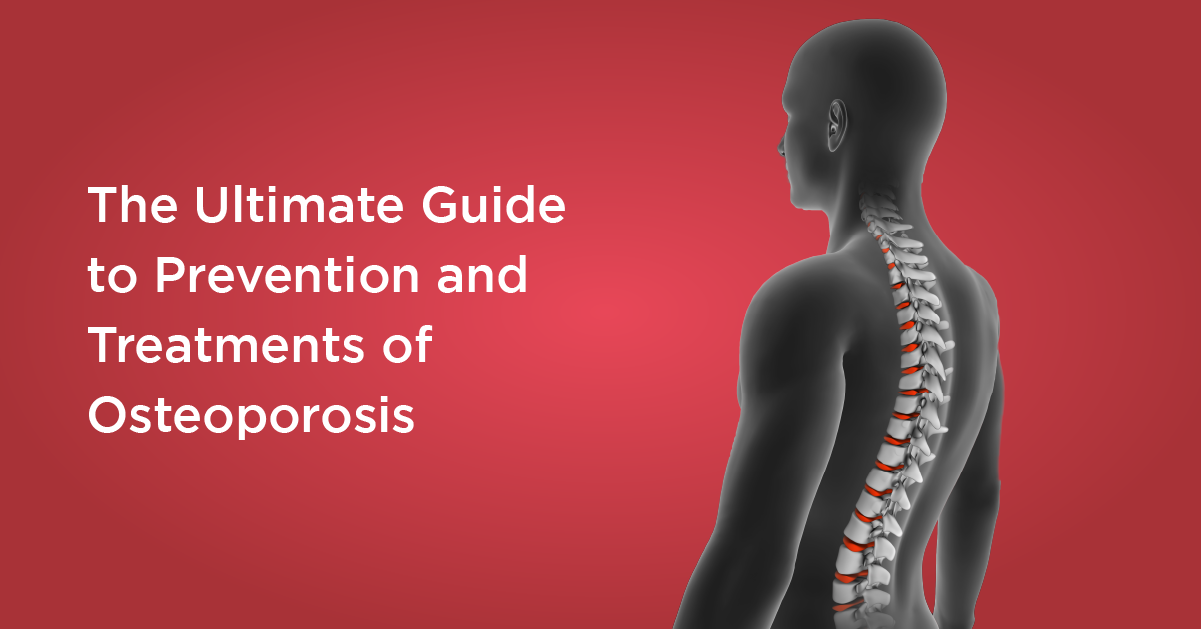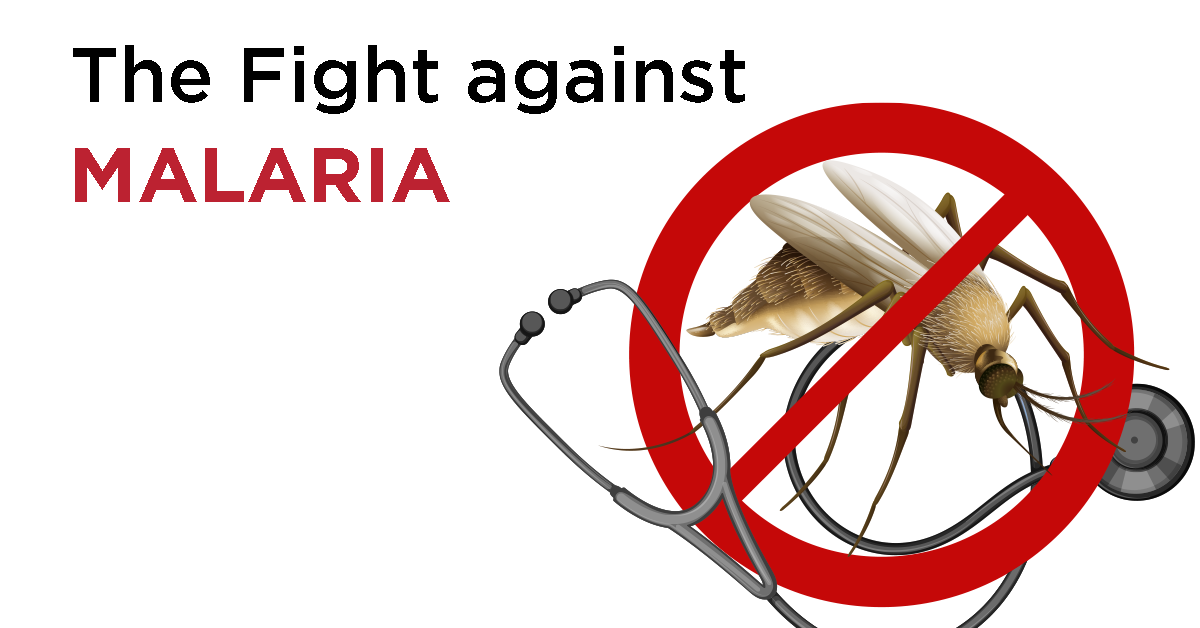Dyslexia is regarded as a learning disability among individuals where the brain shows the symptoms of an inability to recollect, read and comprehend situations promptly. People who are affected by dyslexia often end up with a cognitive disability and difficulty reading and learning a new language or anything new related to skill development.
Blogs
Lupus is an autoimmune disease, which means your body attacks itself, and it’s not clear why. Lupus is a chronic disease that causes inflammation in one or more of your body’s systems. It can affect your joints, skin, kidneys, heart, lungs and brain. Lupus symptoms vary from person to person, but common symptoms include fatigue, joint pain and swelling, fevers and headaches. In some cases, it can also cause inflammation of the heart or lungs.
Even when we are super health-conscious, we often fail to get all the required nutrients from our diet alone. Nutrient deficiencies alter bodily functions and processes at the basic cellular level. These processes include water balance, enzyme function, nerve signalling, digestion, and metabolism.
Cerebral palsy—also known as CP—is a condition caused by injury to the parts of the brain that control our ability to use our muscles and bodies. Cerebral means having to do with the brain. Palsy means weakness or problems with using the muscles. It develops due to brain damage shortly before or during birth.
Osteoporosis is a disease that weakens bones, and if you have it, you are at a greater risk for sudden and unexpected bone fractures. It also increases the risk of fractures in the spine, wrists, and hips. Osteoporosis means that you have less bone mass and strength. This happens when the bone density becomes so low that it causes damage to surrounding tissues including organs which can result in pain, deformities, loss of independence, increased risk for falls, and bone fractures.
Coronavirus has been here long enough that we now have a substantial amount of information about it. However, a lot of misinformation too is propagated with the actual information which makes any person confused about what to do. Here are some common myths related to the virus which we are busting today
The start of 2021 gave us finally a fighting chance against the most deadly virus that has plagued us in modern times. With over a year of everything in the world coming to a stall, COVID-19 vaccination is now offering a way to transition out of this phase of the pandemic.
The Covid-19 pandemic has brought the world to its knees and the medical fraternity has been in a race to find treatment options to save millions affected by this deadly virus. One such potential treatment option is plasma therapy which can help to build immunity against the virus. Let's learn more about it here.
Malaria has been and still is the cause of much human morbidity and mortality. Although malaria has been eradicated in most temperate zones, it continues to be endemic throughout much of the tropics and subtropics. Malaria is caused by parasites from the genus Plasmodium, which are spread to people through the bite of infected mosquitoes of the Anopheles species.
Metabolism is often blamed as an excuse for not losing weight. While this is partially true, it is not always the case. The body’s metabolism depends on numerous factors. In layman’s terms, metabolism is a chemical process responsible for sustaining our cell’s normal functions and organs in the body. It is also responsible for converting food into energy to carry out various body processes.

 Call-an-Ambulance
Call-an-Ambulance













